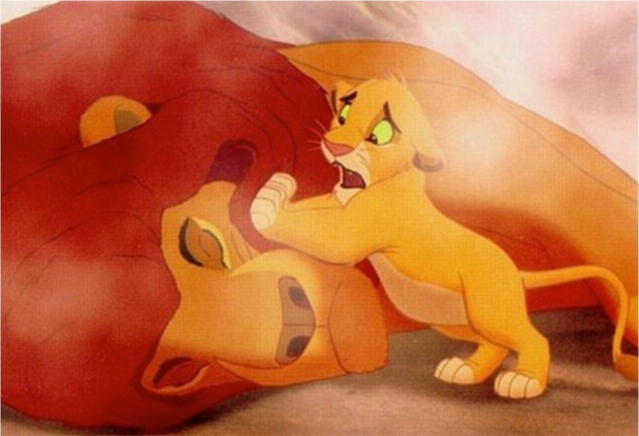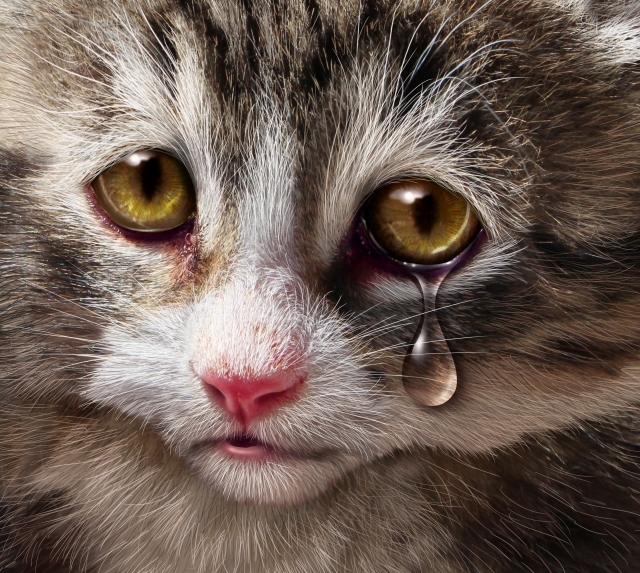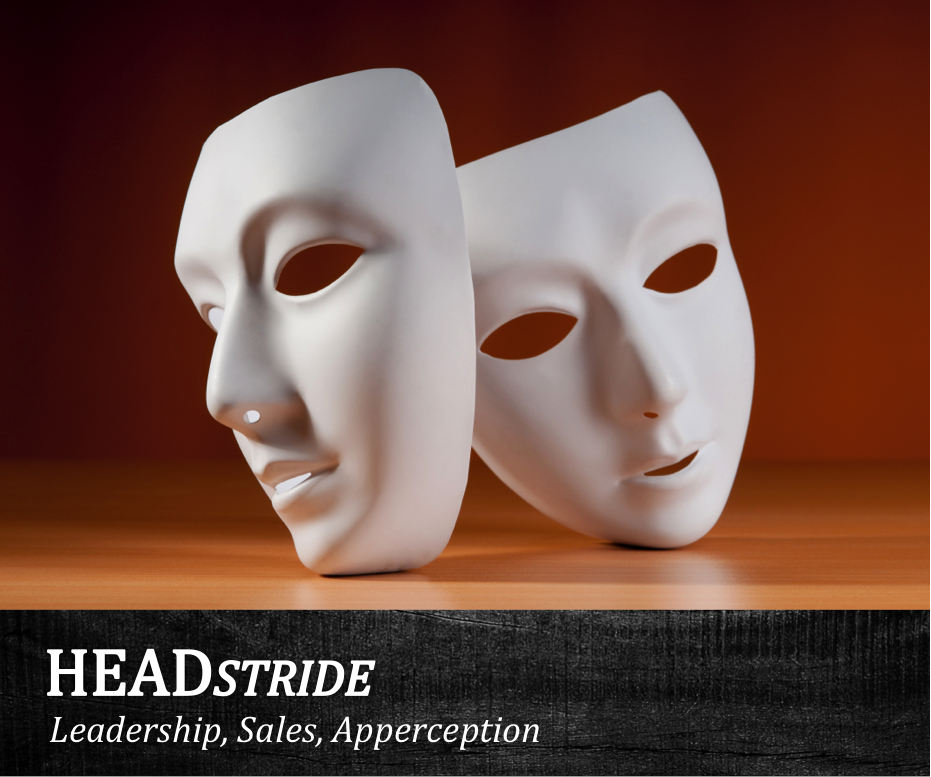GRIEF INVOKED BY LOSS

Grief is an inevasible experience in life, although the intensity will vary depending upon respective coping mechanisms. Attachment is the root of grief and human beings are always living in an inter-subjective world with relationship with others hence we bond with family members, friends, relatives and grief upon their loss is inescapable. As Queen Elizabeth II put it, ‘Grief is the price we pay for love.’
Grief can be triggered by various ways; loss of a loved one, loss of a relationship, loss of a job, loss of one’s active life due to disease, accident or debilitation, retirement for some, loss of possessions, miscarriage, stillbirth, abortion, military loss, loss of youth and good looks, loss of memory of a loved one or it could be sort of an abstract one such as loss of any aspiration, loss of a potential relationship, loss of self-worth, identity, unexpressed love etc. People also grieve loss of a role model or value based loss for example India was a nation stricken and anguished at the demise of Gandhi. There is also disenfranchised grief where a particular loss may not be socially sanctioned, explicitly mourned or openly acknowledged as in loss of a secret lover or ex-spouse, loss of someone due to AIDS, loss of someone due to criminal implications or death penalty. Even death of a pet is classifiable under disenfranchised grief as people could experience their inability to openly let out a wail in spite of strong inner emotions at the loss. There are numerous other categorization of grief such as complicated grief, anticipatory grief, traumatic grief, abbreviated grief and many more along with subcategories, no dearth for terminologies!
Be it three-year old Alan Kurdi’s body lying listless at the shores of the Mediterranean or Tsunami aftermath scenes or war-torn human wreckage, we are in the midst of perilous grief if we are attentive enough and touched by the human condition. It does not mean one must remain focused upon only these melancholic events in life and grieve but we live in an era where intense grief is not just about one’s own loved ones.
Sarah’s Key, Muffasa’s death in The Lion King, Schindler’s List, Revolutionary Road although the characters in these movies are not personal to anyone it does invoke people’s experience of a vicarious loss. The clip below shows the reaction people had to Muffassa’s death in The Lion King.
https://www.youtube.com/watch?v=7esgyyywbb4
Famous celebrity/philanthropist/politician deaths such as Michael Jackson, Jim Morrison, Robin Williams, Princess Diana, John Lennon, Elvis Presley, Bob Marley, Mother Teresa, Martin Luther King Jr. all have elicited intense grief in people at various points in time. Feeling empathy for other people’s plight is such a human attribute. Although grief cannot be hierarchically classified since it is a unique individual experience, loss of a loved one does invoke intense grief. In this blog we attempt to understand why grief invoked by loss is so compellingly characterized.
AFFECTIVE ELEMENT OF GRIEF
Inconsolable grief is the very first affective condition upon experiencing loss of a loved one but the manifestation of this grief could either be explicit as in a shriek, scream, loud yelling, sobbing, hyper-ventilating, crying or it could be implicit as in whimpering, sniveling, emotionally welling up, an intense sense of despair without tears and alternate modes of expression. Voltaire states, ‘Tears are the silent language of grief.’ These affective conditions and subsequent emotional outburst or lack thereof depends on one’s conditioning, cultural background, intensity and longevity of attachment as well as social standing, position of power, age, maturity and other parameters. Grief manifests not just in sadness or depression but also in psychological aspects such as shock, disbelief, fear, anger, and guilt as well as somatic conditions such as insomnia, fatigue, digestion problems, lowered immunity, weight loss/gain etc. It is also appended with existential inquests regarding purpose, meaninglessness, choices, freedom, hopelessness and responsibility in different people. From a definition standpoint grief is a multifaceted emotional response to loss. It is an involuntary mechanism and has physical, cognitive, philosophical, behavioural and social dimensions.
IS GRIEF ESSENTIAL TO DEAL WITH LOSS?
There are people who neither cry nor wail nor exhibit the classic symptoms of a person in grief. It is not that their grief is shallow and they are stolid, just their way of dealing with the grief is different. There are people who do not express grief at all after experiencing loss but after a year or two or perhaps after ten years they meet with some other emotional upheaval or calamity in their life and the entire repressed grief pours out. Not feeling grief at all may be the quality of attachment bond established. Regardless of the robustness of the coping mechanism, grief is an inherent affective condition in human beings. All human beings have the capacity for grieving but circumstances, cultural and social conditioning can also make them impassive.
Depending on the attachment intensity, grief is felt by most but may lie latent in some and others may overtly manifest it. Dealing with grief is important after its immediate occurrence as against stifling it to cater to societal image preservation. Early loss of a parent or primary carer can make significant difference in a child’s coping strategies. Miller (1971) states that when loss is sustained during childhood, responses to it frequently take a pathological course, which implies that there could be mental health abnormalities in subsequent growth. A pre-adolescent child’s capacity to respond to loss of a parent with healthy mourning is defined by Anna Freud as “the successful effort of an individual to accept both; that a change has occurred in his external world and that he is required to make corresponding changes in his internal, representational world and to reorganize, and perhaps to reorient, his attachment behaviour accordingly.” (as cited in Bowlby (1980). Stroebe’s (1992) view resonates with Anna’s when he states that ‘Grief is a cognitive process involving confrontation with and restructuring of thoughts about the deceased, the loss experience, and the changed world within which the bereaved must now live.’ This understanding is crucial to the person in bereavement.
Worden (2009) states that ‘Grief is the personal experience of the loss. Mourning is the process that occurs after a loss.’ Bereavement is that critical time people go through adjusting to the loss. Therefore grief is accompanied by a period of mourning which is a healthy mode of recovering. Grief and mourning both are components of bereavement, grief being the emotional aspect and mourning is the outward manifestation. Outward manifestation as in funeral, a luncheon or gathering thereafter, wearing dark/white clothes, talks about afterlife and so on depending on cultural representations. The Irish drink and sing and they call it ‘wake’. Luncheons and wakes are done to exchange stories about the departed and to offer comfort to the bereaved. Post funeral rituals may or may not be essential after all there is no right or wrong way to grieve, however finding a conduit to express grief after loss is essential and hugely helpful. Inability to experience this is termed as unhealthy grief.
DENIAL AS A COPING MECHANISM
Swiss psychiatrist Kubler Ross’s (1969) five stages of grief; Denial, Anger, Bargaining, Depression and Acceptance though a kind of template available to understand the concept and perhaps even of documentable interest to the clinical world, may not be so formulaic or linear in the way the bereaved experience grief. Be that as it may, getting in touch with grief upon experiencing intense loss (avoiding denial) is the first mandatory aspect in healing. Denial is a defense mechanism and is the refusal to accept reality and construing that he painful event has never happened.
People remaining in denial conceal or camouflage their feelings and their disguisement could manifest as obsessive behaviour, a kind of anxiety disorder. They either distract themselves with incessant work, or behave as if the loss never happened and keep enslaving themselves in tasks such as constant cleaning, double checking locks and appliances, offer excessive attention to their children, indulge in drinking, gambling, substance addiction and so forth. Architecting such a contrived scenario as to children needing their continual attention is a method of coping. They create a situation or a problem to be solved and then upon solving it feel better. There is something to do as against doing nothing hence the secondary gain makes them preserve their obsessive compulsion. Taking away this coping mechanism from them exacerbates their anxiety. Not everyone experiencing OCD is going through bereavement but there is a pathological pathway leading on to some kind of formative trauma or incident that seems to have set it on.
Though not related to any particular loss, here is a clipping from the movie ‘As Good as it Gets’ that is indicative of Jack Nicholson’s OCD.
https://www.youtube.com/watch?v=44DCWslbsNM
OTHER VARIANT OF MOURNING
Loss invoked grief is universal. If it is a natural death due to old age of a loved one, though traumatizing for a few days, most people are able to function after a few months due to the reconciliation that death is ineludible but a few attain chronicity of grief and slip into depression. This happens due to their inability to reconstitute themselves and their lack of understanding about death and its inalienability in our existence.
Some experience melancholia instead of mourning. Freud (1917) distinguishes mourning and melancholia and states that mourning is regularly the reaction to the loss of a loved person, or to the loss of some abstraction which has taken the place of one, such as one’s country, liberty, an ideal and so on whereas melancholia is a profoundly painful dejection, cessation of interest in the outside world, loss of the capacity to love, inhibition of all activity, and a lowering of the self-regarding feelings. Complicated grief such as death of a loved one due to tragic and unexpected circumstances such as accident, suicide, murder or unusual terminal illness has characteristics of pushing some people into melancholia. Complicated grievers are in shock, denial, confusion, constantly seeking explanation and unable to integrate their emotions. Simple bereavement can also push a person into melancholia depending on the intensity of the attachment. While mourning is a healthy way of coping, melancholia as per Freud, is a pathological condition.
CONCLUSION
The capacity to grieve is not an exclusive human prerogative. Animals grieve too. Elephants, dogs, gorillas, chimps, giraffes and many others grieve. Not all human beings express grief invoked by loss but this blog is content to accept that heightening our awareness towards ‘unexpressed grief as unhealthy’ and finding a conduit to understand death and loss from a philosophical standpoint could significantly alleviate distress. Death is an inevitable eventuality and one of our conditions of finitude, it will happen. One need not live life with anticipatory grief or dread catastrophising its occurrence rather embrace a resoluteness towards death (as Heidegger puts it) and an understanding that yes death is inevitable but what aspects of life and coexistence can be maximized prior to its contingency. When a loss occurs there is a detachment from that person who contributed a specific role in life for us. There is a role void and hence the despair. Affection is lost and memories kick in, in fact all that one is left with is memories. Embracing human finitude (death) is an existential demeanour and must be done with strong intent to affect a reconstitution towards life. New relationships or attachment or projects must be embarked upon in order to placate the intensity of the loss. Bowlby (1980) states, “people in healthy mourning are able to effect a withdrawal of emotional investment in the lost person and that they may prepare for making a relationship with a new one. How we conceive their achieving this change, however, depends on how we conceptualize affectional bonds.” It is in this re-engagement stance with life that one is able to attain restoration.
 HEADSTRIDE
HEADSTRIDE 









